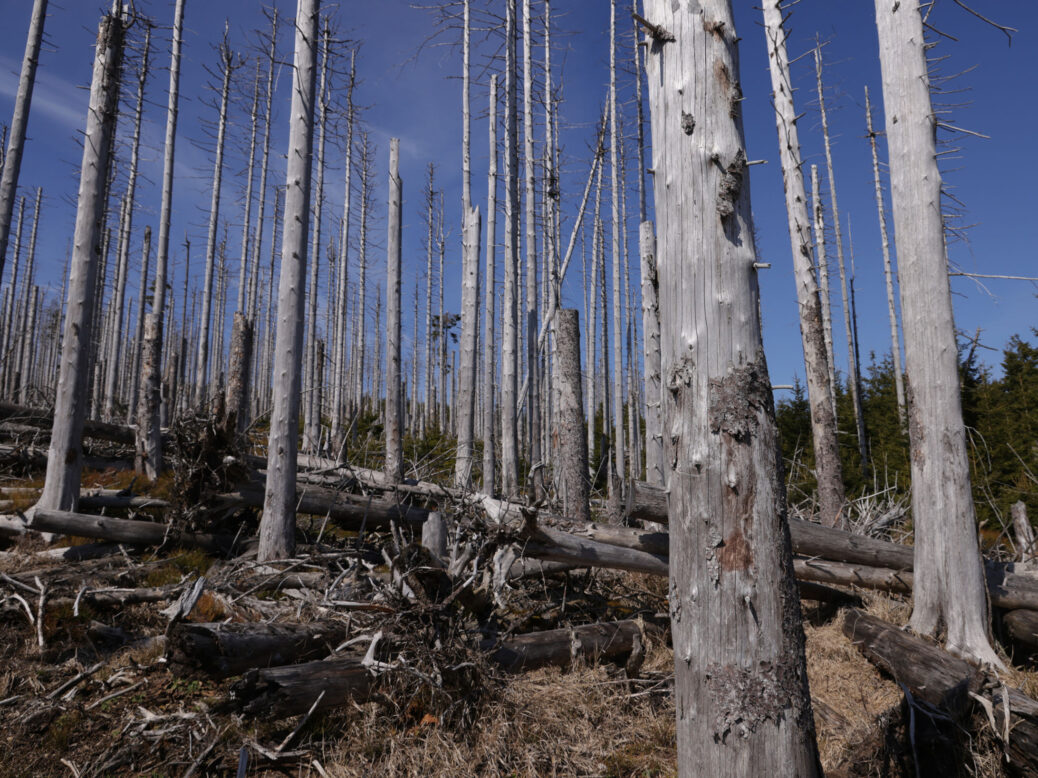
“They came at night,” recalled Ángela Carrasco of the men who destroyed her Peruvian Amazon home. “They arrived by helicopter with axes, ropes, guns, masked-up. Like ghosts.”
Twelve months later, last spring, Pulchérie Amboula, a Congolese farmer, was chased from her land by guards in trucks. “We no longer work,” she later said. “How are we going to live?”
The link between these two cases, a year and 6,000 miles apart, is carbon offsetting, an increasingly popular way for many of the world’s biggest firms to cancel out their emissions.
The idea is that by paying to stop trees being felled, firms can prevent enough carbon from escaping into the atmosphere to compensate for their own activities. The oil giant Shell, for example, has plastered billboards the world over with images of unspoiled rainforest and the words “Drive carbon neutral”.
It all sounds fine in theory. But a series of joint-investigations by our investigative journalism organisation, SourceMaterial, has shown that in a burgeoning but little-regulated market, things can go badly wrong.
Amboula and Carrasco’s experiences are just two from a growing list of offsetting projects alleged to have violated human rights. And this is not the only problem. Our deep dive into the world of carbon offsetting found that many of the credits on the market, currently worth some $2bn annually, do nothing for the climate at all.
Using scientific studies to cross-check data from Verra, a non-profit company that certifies offsetting projects, we found that over 90 per cent of the forest offsets we examined were likely to not have an impact on emissions reduction.
[See also: Brits remained “concerned” about climate change despite rising cost of living]
Our research found methodological loopholes that suggest Verra overestimates the threat to the forests it claims to be protecting. The company has disputed our findings, saying they were based on studies that don’t account for “project-specific factors that cause deforestation” and which “massively miscalculate… impact”. But there is a risk that dud offsets will play havoc with global carbon accounting.
In a market likened to a “new Wild West”, these problems have not prevented unscrupulous actors, whether governments or corporations, from hoovering up land in low-income countries to cash in on the trade in carbon credits. Meanwhile, consumers who think they are paying to offset emissions from, say, their holiday flights, are routinely paying far more to middlemen than conservationists.
So when fossil fuel companies like TotalEnergies can claim to ship “carbon-neutral” liquified natural gas, it is legitimate to ask whether offsetting has become little more than an exercise in greenwashing.
But that may be going too far. Offsetting revenues can be an essential – sometimes the only – way to preserve vital forests. And while our investigations uncovered plenty of cowboys, along with employees who joined the industry to make a difference only to be disenchanted, we also found would-be sheriffs: conscientious scientists, conservationists and business people determined to create frameworks to guard against abuse.
But that will take time and political will. For now, there is mounting evidence that companies are relying on an offsets system that is increasingly out of touch with reality.
This opinion piece was first published in Spotlight’s print Energy and Climate Change issue on 9 June 2023. Read the issue here.
[See also: “Everything, everywhere, all at once”: UN climate report has no time for doomism]




